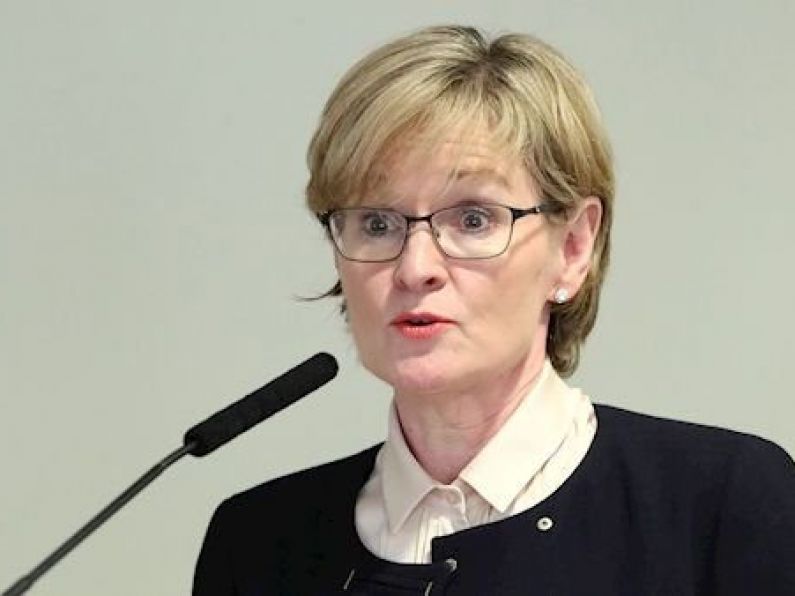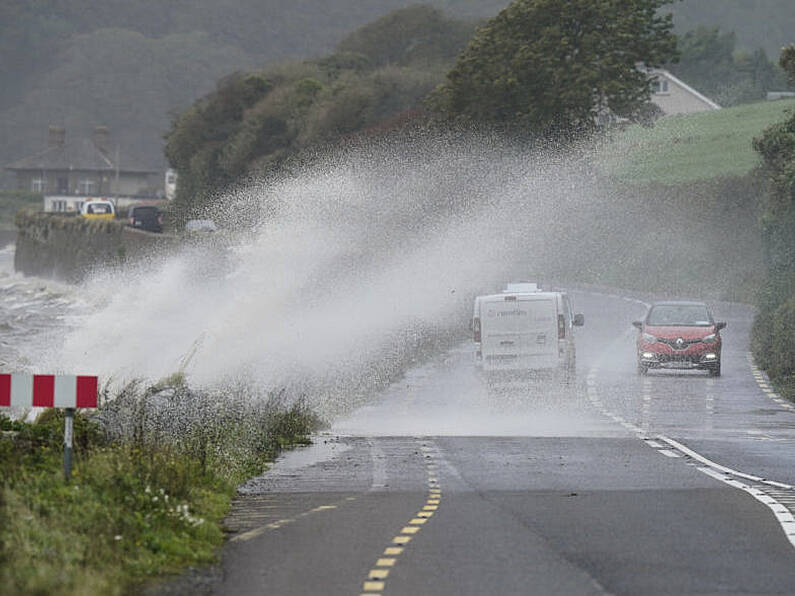Digital Desk Staff
EU financial services commissioner Maireád McGuinness has said EU leaders will consider on Thursday whether to impose export bans on coronavirus vaccines to countries outside the bloc.
It comes as she warned there was huge concern over a recent surge in Covid-19 cases.
As The Irish Times reports, she told the BBC’s The Andrew Marr Show: "European citizens are growing angry and upset at the fact that the vaccine rollout has not happened as rapidly as we had anticipated.
“Both the EU and the UK have contracts with AstraZeneca and my understanding is the company is supplying the UK but not the European Union.
“We are supplying the UK with other vaccines, so I think this is just about openness and transparency.”
Ms McGuinness also warned that, despite the start of vaccination programmes around the world, the Covid-19 pandemic looks set to last well past this year.
Vaccine nationalism
Her comments come after European Commission president Ursula von der Leyen warned that AstraZeneca could face export bans to countries outside the EU if the company does not speed up the contracted delivery of vaccines to the bloc.
With the slow pace of the vaccine rollout in many European countries becoming politically fraught, in the context of swifter vaccination progress in the UK and US, Ms McGuinness defended the response by the commission to the pandemic.
Ms McGuinness said the EU had been accused of “vaccine nationalism” but said its approach was internationalist, and cited EU exports of vaccines to 31 countries, including the UK.
“Frankly none of us have had a great Covid. I think all of us should put our hands up and say we were not prepared for this global pandemic, we did not do our best at the beginning, but we are doing our best now to protect our citizens. That is exactly where Europe is focused on.”
She said the focus now should be on preparing for the “what ifs”, such as another possible variant of the disease, while also ramping up vaccine production globally, as the world was going to have to live with Covid, and possible new variants of it, for far longer than this year






